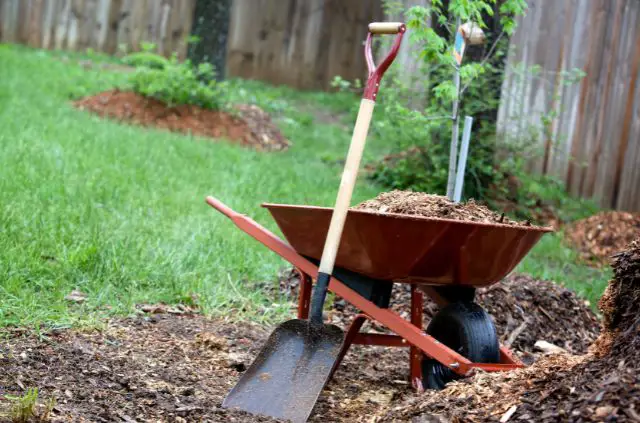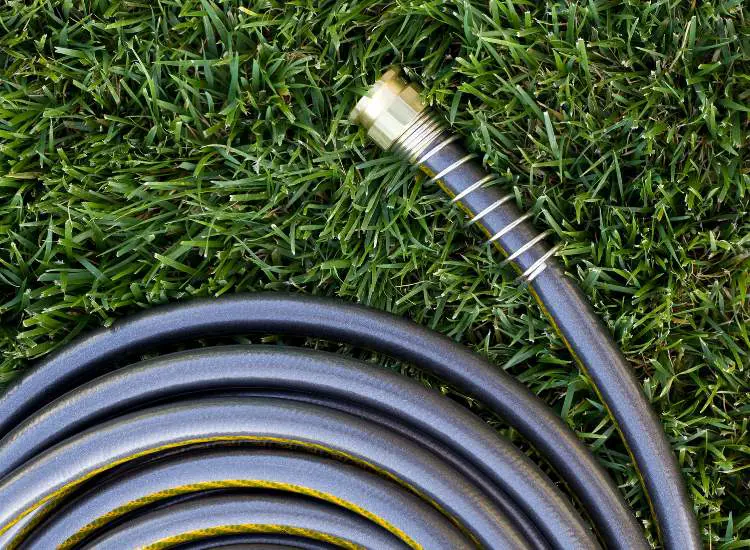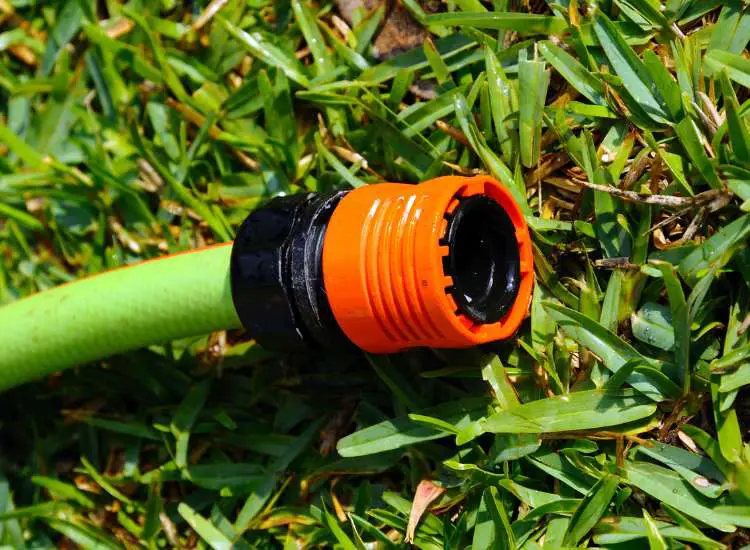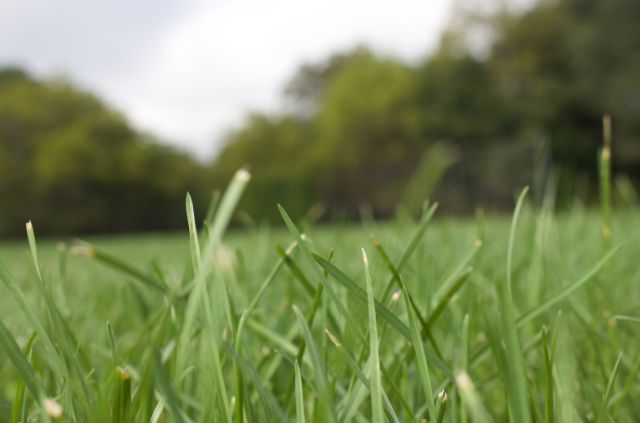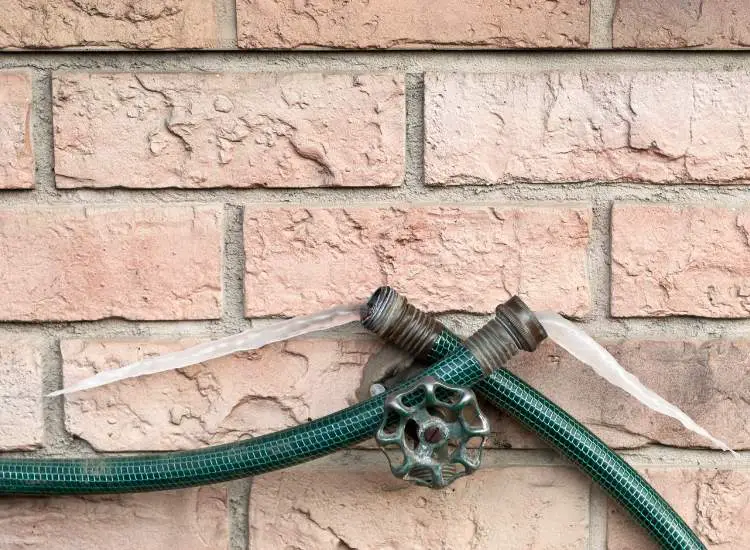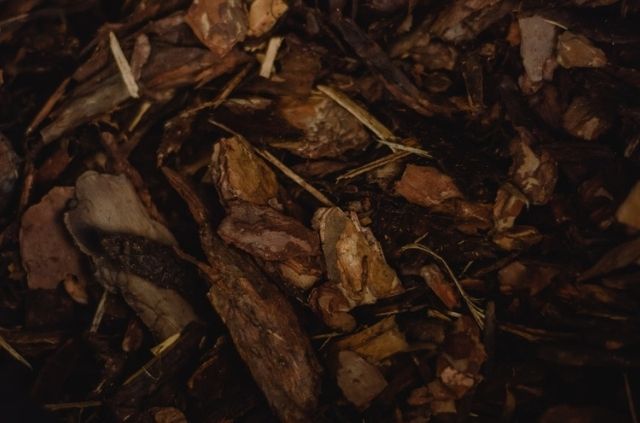Best Mulch for Raspberries
Are you searching for the best mulch for raspberries? Choosing the right mulch for your plants and can make all the difference in their growth and productivity.
With so many options available, it can be overwhelming to know which mulch is the best fit for your specific needs. In this article, we will explore the top mulches for raspberries and the benefits they provide.
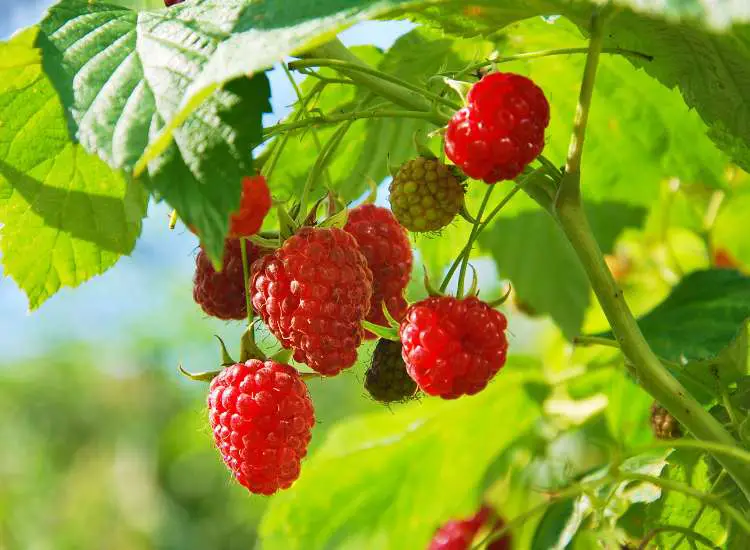
One of the best mulches for raspberry plants is straw. It is affordable, easy to find, and provides excellent insulation for the plants during the winter months. Additionally, straw helps to retain moisture in the soil, which is crucial for the growth and health of your raspberry plants.
Importance of Mulching for Raspberries
Mulching is an essential practice for growing healthy and productive raspberry plants. By adding a layer of organic material on the soil surface, you can improve soil fertility, retain moisture, suppress weeds, and regulate soil temperature. Here are some reasons why mulching is crucial for your raspberry plants:
- Moisture retention: Mulch helps to conserve soil moisture by reducing evaporation and preventing water runoff. Raspberries require consistent soil moisture to produce plump and juicy berries. Mulching also reduces soil compaction, which improves water infiltration and drainage.
- Weed suppression: Mulch acts as a barrier that prevents weed seeds from germinating and growing. Weeds compete with raspberries for nutrients, water, and sunlight, and can reduce their yield and quality. By reducing weed growth, you can save time and effort in weed control and improve the aesthetics of your raspberry patch.
- Soil fertility: Mulch decomposes over time and releases nutrients into the soil, which can feed your raspberry plants. Organic mulches, such as compost, straw, or leaves, are rich in nitrogen, phosphorus, and potassium, which are essential for plant growth and development. Mulch also improves soil structure and aeration, which can benefit soil microorganisms and earthworms.
- Temperature regulation: Mulch helps to insulate the soil and protect raspberry roots from extreme temperatures. In winter, mulch can prevent frost heaving and damage to the plants. In summer, mulch can keep the soil cool and moist, which can reduce stress on the plants and improve berry quality.
Best Types of Mulch for Raspberries
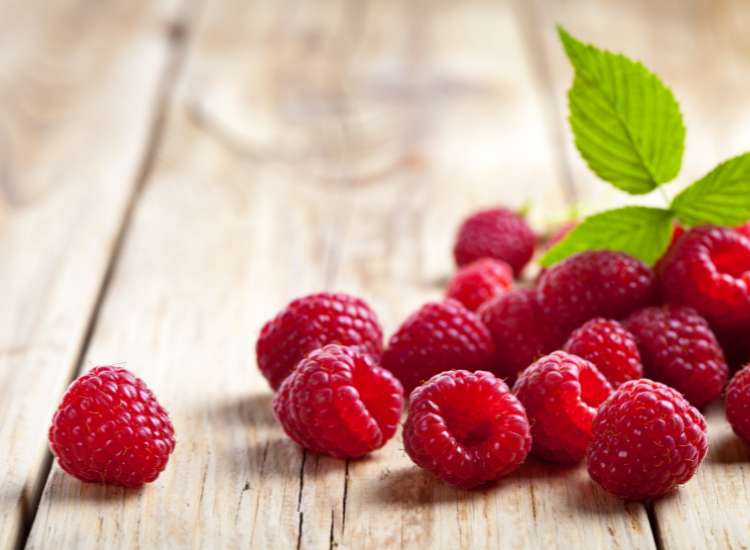
Organic Mulch
Organic mulch is an excellent choice for raspberry bushes. It is made from natural materials that break down over time, providing nutrients to the soil. Some of the best organic mulches for raspberries include:
- Compost: Compost is a great choice for raspberries because it is rich in nutrients and helps to retain moisture in the soil. Apply a 2-3 inch layer of compost around the base of the plants.
- Leaves: Leaves make an excellent mulch for raspberries because they are free and readily available in the fall. Shred the leaves and apply a 2-3 inch layer around the base of the plants.
Straw Mulch
Straw mulch is another excellent choice for raspberries. It helps to retain moisture in the soil and keeps the berries clean by preventing soil from splashing up onto the fruit. Apply a 2-3 inch layer of straw around the base of the plants.
Wood Chips
Wood chips are a great choice for raspberries because they help to retain moisture in the soil and suppress weeds. Apply a 2-3 inch layer of wood chips around the base of the plants, being careful not to pile the chips too high around the stems.
Pine Needles
Pine needles are a good choice for raspberries because they are acidic and help to lower the pH of the soil. Apply a 2-3 inch layer of pine needles around the base of the plants.
Remember to replenish your mulch every year to maintain its effectiveness. Choose the mulch that works best for your garden and enjoy a bountiful raspberry harvest!
When to Mulch Raspberries
Mulching is an essential practice in raspberry cultivation. It helps to retain moisture in the soil, suppress weeds, and regulate soil temperature. However, the timing of mulching is crucial to the success of your raspberry crop. Here is what you need to know about when to mulch raspberries.
Spring Mulching
Spring is an excellent time to mulch your raspberries. You should aim to apply mulch in late winter or early spring, just before new growth begins. This will help to protect the plants from frost damage and prevent soil erosion.
When mulching in the spring, it is essential to ensure that the soil is not too wet. If the soil is wet, it can lead to root rot and other fungal diseases. Therefore, it is best to wait until the soil has dried out a little before applying mulch.
Fall Mulching
Fall is another great time to mulch your raspberries. Mulching in the fall helps to protect the plants from the harsh winter weather and prepares them for the following growing season.
When mulching in the fall, it is best to wait until after the first frost. This will help to prevent new growth from starting, which could be damaged by the cold weather.
When applying mulch in the fall, it is important to ensure that the soil is moist. This will help to keep the roots hydrated throughout the winter. However, be careful not to overwater, as this can lead to root rot.
How to Apply Mulch for Raspberries
Applying mulch to your raspberry plants is an important step in maintaining their health and productivity. Here are a few tips on how to apply mulch for raspberries:
- Timing – Apply mulch in the early spring, after the soil has warmed up and before the plants start to grow. This will help retain moisture in the soil and prevent weeds from taking over.
- Preparation – Before applying mulch, remove any weeds or debris from around the base of the plants. This will help prevent the growth of unwanted plants and pests.
- Depth – Apply mulch to a depth of 2-3 inches around the base of the plants. Be careful not to cover the stems or crowns of the plants, as this can cause them to rot.
- Type of Mulch – Use organic mulch such as straw, leaves, or wood chips. Avoid using inorganic mulch such as plastic, as it can trap moisture and lead to fungal growth.
- Spacing – Leave a small gap between the mulch and the stem of the plant to prevent moisture buildup and rot.
Potential Mulching Problems
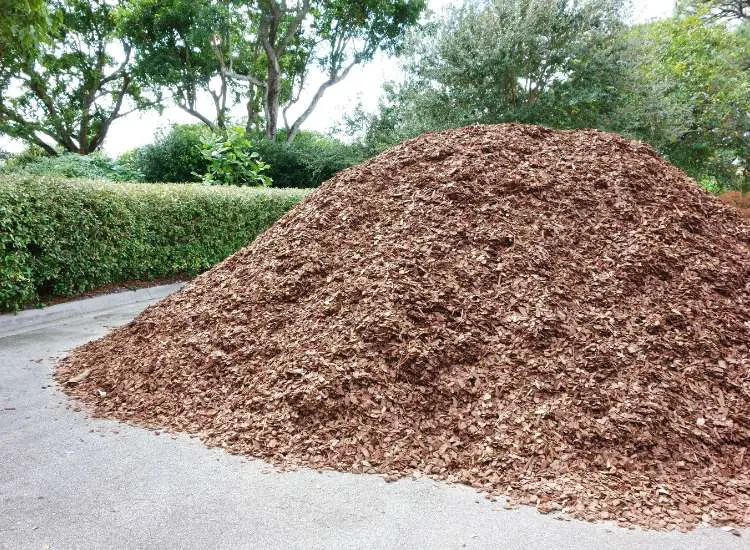
Over Mulching
Over mulching can cause problems for your raspberry plants. Mulch is meant to keep the soil moist and cool, but too much can cause the opposite effect. Over mulching can lead to waterlogged soil, which can cause root rot. Additionally, too much mulch can create a barrier that prevents water and nutrients from reaching the roots.
To avoid over mulching, apply a layer of mulch that is no more than 2-3 inches thick. This is enough to provide the desired benefits without causing problems.
Choosing the Wrong Mulch
Choosing the wrong type of mulch can also cause problems for your raspberry plants. Some types of mulch, such as fresh wood chips, can rob the soil of nitrogen as they decompose. This can lead to stunted growth and yellowing leaves.
Other types of mulch, such as rocks or gravel, can create a hot and dry environment that is not ideal for raspberry plants. These types of mulch can also make it difficult to water the plants properly.
To avoid these problems, choose a mulch that is appropriate for your raspberry plants. Good options include straw, leaves, and compost.
Remember to always check the pH level of your soil before choosing a mulch. Some types of mulch, such as pine needles, can lower the pH level of the soil over time. If your soil is already acidic, this can cause problems for your plants.
Frequently Asked Questions
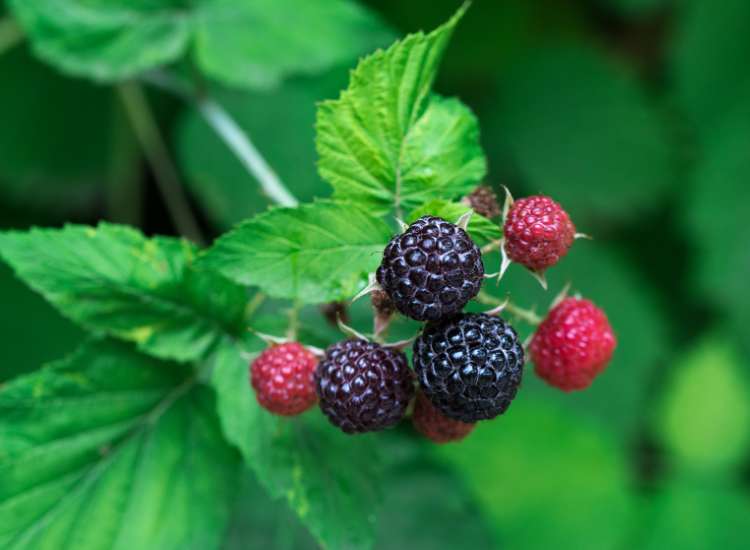
What type of mulch is best for raspberry bushes?
Organic mulches like straw, leaves, and grass clippings are the best options for raspberry bushes. These materials will break down over time and help improve the soil quality.
What is the ideal time to mulch raspberry plants?
The best time to mulch raspberry plants is in the spring, after the soil has warmed up. This will help retain moisture, prevent weeds, and regulate soil temperature throughout the growing season.
What are the benefits of mulching raspberries for winter?
Mulching raspberries in the winter helps protect the roots from freezing and thawing cycles, which can damage the plants. It also helps retain moisture in the soil and provides insulation against extreme cold.
Can pine needles be used as mulch for raspberries?
Yes, pine needles can be used as mulch for raspberries. They are acidic, which can help lower the soil pH, and they break down slowly, providing long-lasting mulch cover.
Is it necessary to trellis raspberry plants?
While it is not necessary to trellis raspberry plants, it can help keep the plants upright and make harvesting easier. Trellising also helps improve air circulation and sunlight exposure, which can lead to healthier plants and larger fruit.
How much water do raspberry bushes need?
Raspberry bushes need about 1-2 inches of water per week during the growing season. This can come from rain or supplemental watering. Be sure to water deeply and avoid getting the leaves wet to prevent disease.

